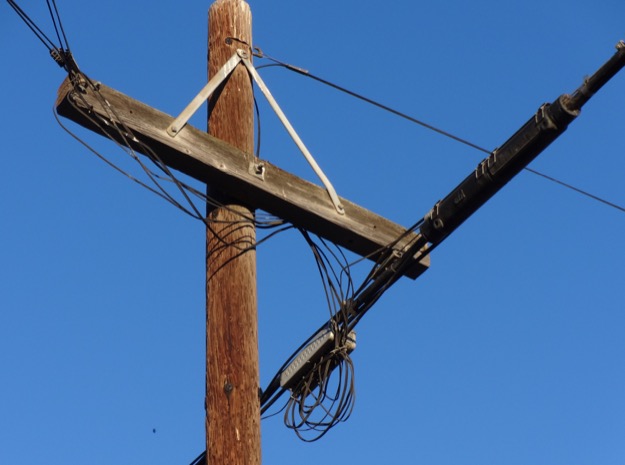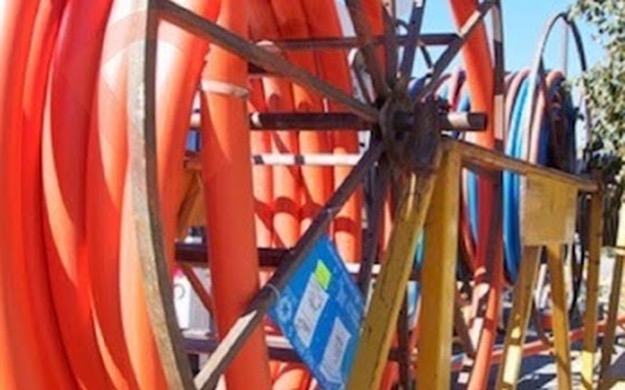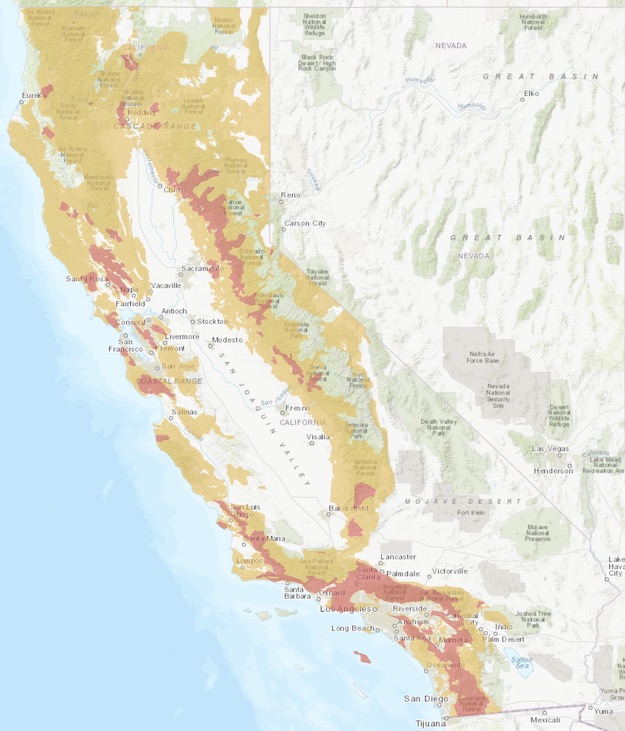One California rural broadband subsidy bill goes to the governor, another moves on to the assembly
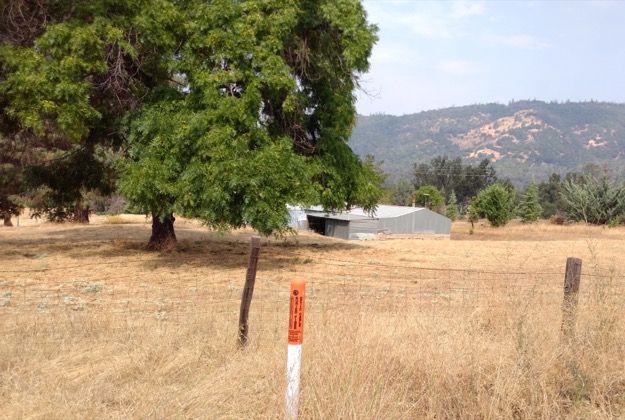
Friday was a good day for broadband at the California capitol, as two bills expanding eligibility for infrastructure subsidies won lopsided votes. Senate bill 1130 was approved by the senate, and now awaits action in the assembly. Following senate approval on Thursday, assembly bill 82 was blessed by the assembly and is now on governor Gavin Newsom’s desk. He’s expected to sign it today.
The big, difficult and high impact bill is SB 1130. It would raise California’s minimum broadband to 25 Mbps download/25 Mbps upload speeds, and encourage – but not require – the California Public Utilities Commission to spend California Advanced Services Fund (CASF) money on infrastructure projects that deliver similarly symmetrical 100 Mbps down and up service.… More

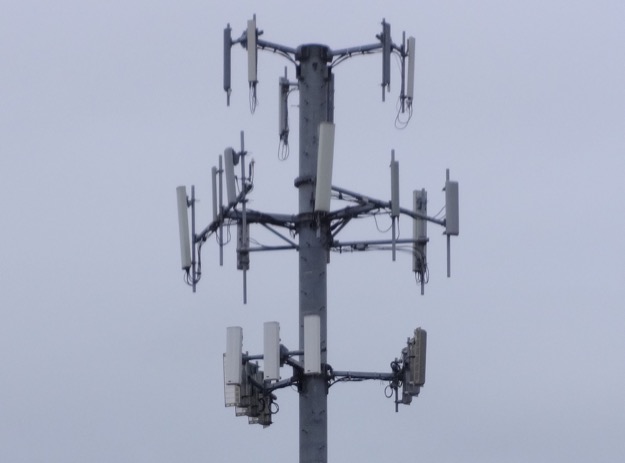
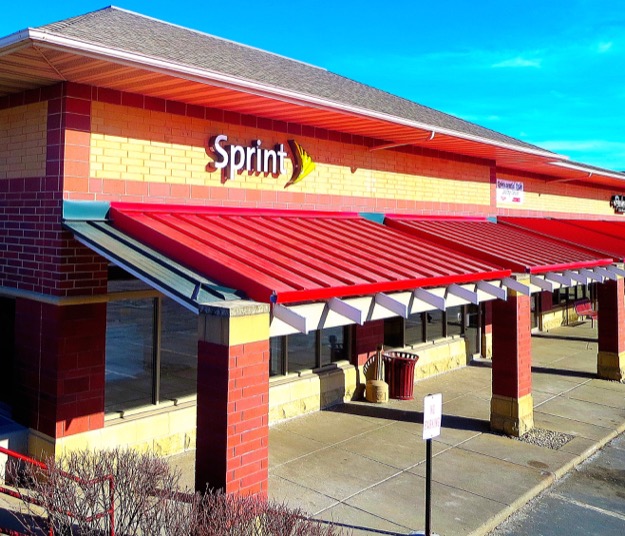
![By Wknight94 (Own work) [GFDL (https://www.gnu.org/copyleft/fdl.html) or CC BY-SA 3.0 (https://creativecommons.org/licenses/by-sa/3.0)], via Wikimedia Commons](https://www.tellusventure.com/images/2016/1/chopped.jpg)

